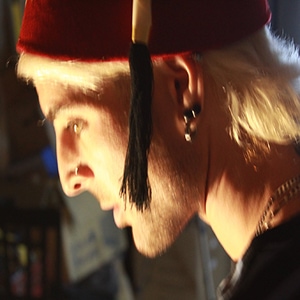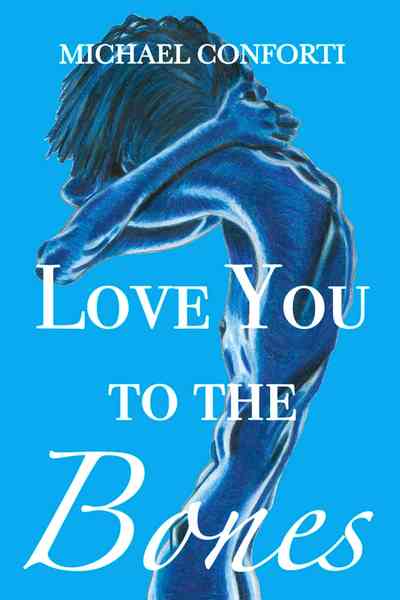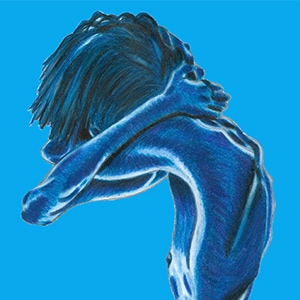Dear Reader,
This episode is currently unavailable due to Kindle Unlimited’s exclusivity clause. If you’d like to continue reading this book, you can purchase it as an eBook, Softcover, or Hardcover book on Amazon, or read it for free with Kindle Unlimited.
BOOK LINK: https://www.amazon.com/dp/B0DT9WD45X
Depending on my experience with Kindle Unlimited, I may re-upload the episode.
Thank you so much for your support, your comments, and your likes!
Sincerely,
Michael Conforti











Comments (0)
See all